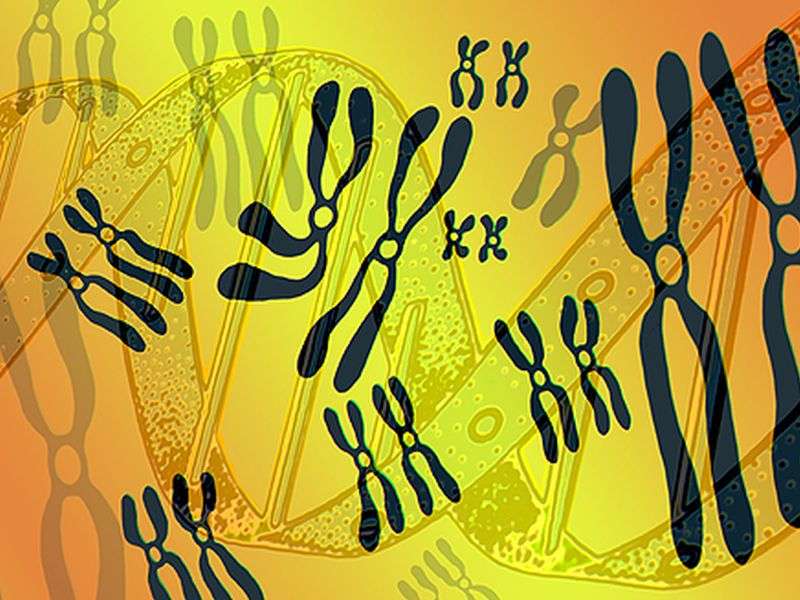(HealthDay)—The CYP3A7*1C allele appears to be associated with mortality and disease progression in specific cancers, according to a study published online March 10 in Cancer Research.
Nichola Johnson, from The Institute of Cancer Research in London, and colleagues tested for an association between CYP3A genotype and outcome in 347 patients with chronic lymphocytic leukemia (CLL), 1,008 patients with breast cancer, and 1,128 patients with lung cancer.
The researchers found that the most significantly associated single nucleotide polymorphism (SNP) was rs45446698 that tags the CYP3A7*1C allele; this SNP correlated with a 54 percent decrease in urinary estrone glucuronide levels. On genotyping this SNP, rs45446698 correlated with breast cancer mortality, all-cause mortality in lung cancer, and CLL progression (hazard ratios, 1.74, 1.43, and 1.62, respectively). Borderline evidence was seen for a statistical interaction between CYP3A7*1C allele, treatment with a cytotoxic agent that is a CYP3A substrate, and clinical outcome (Pinteraction = 0.06).
"The CYP3A7*1C allele, which results in adult expression of the fetal CYP3A gene, is likely to be the functional allele influencing levels of circulating endogenous sex hormones and outcome in these various malignancies," the authors write. "Further studies confirming these associations and determining the mechanism by which CYP3A7*1C influences outcome are required."
One author disclosed financial ties to Sanofi-Aventis.
More information:
Abstract
Full Text
Journal information: Cancer Research
Copyright © 2016 HealthDay. All rights reserved.





















